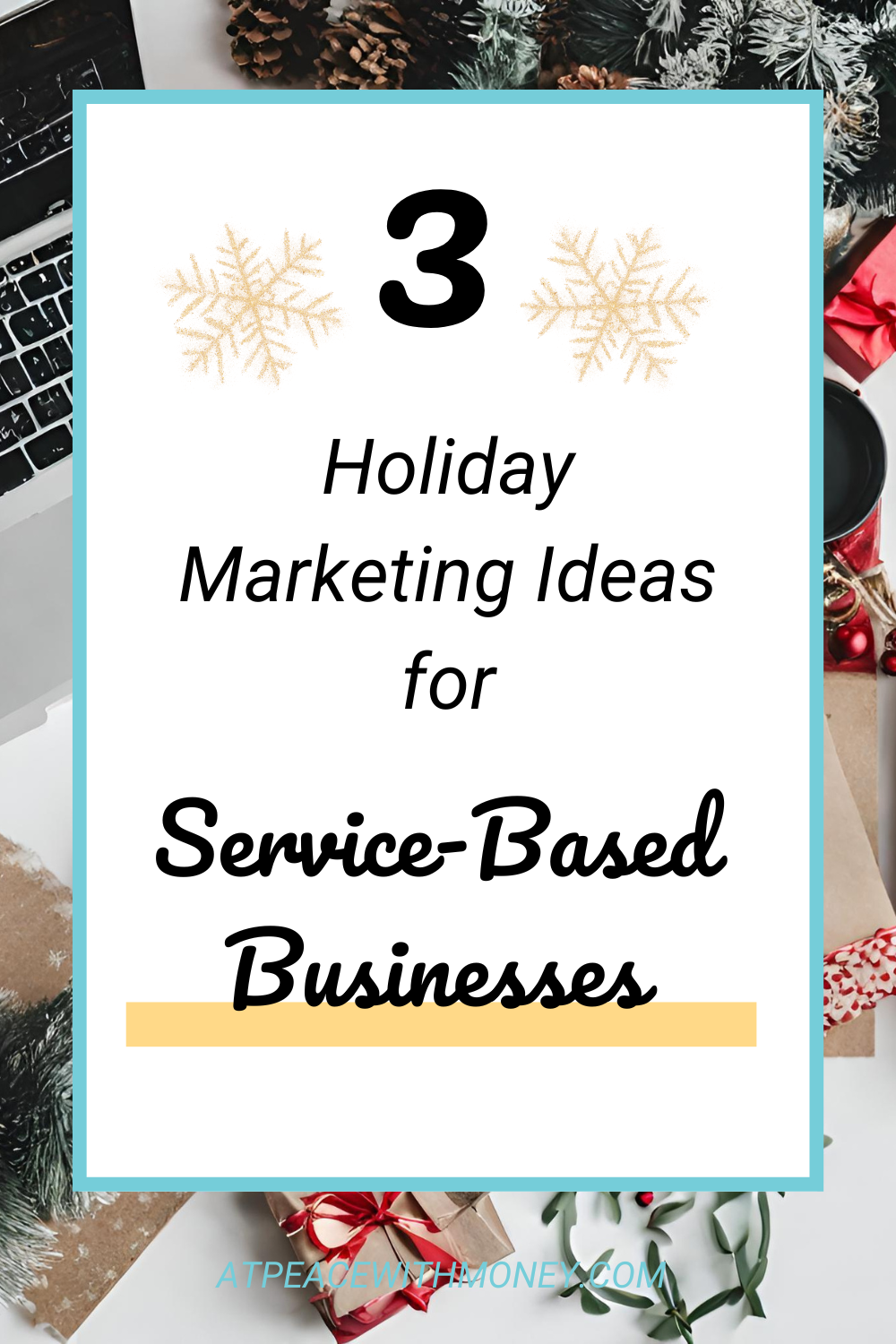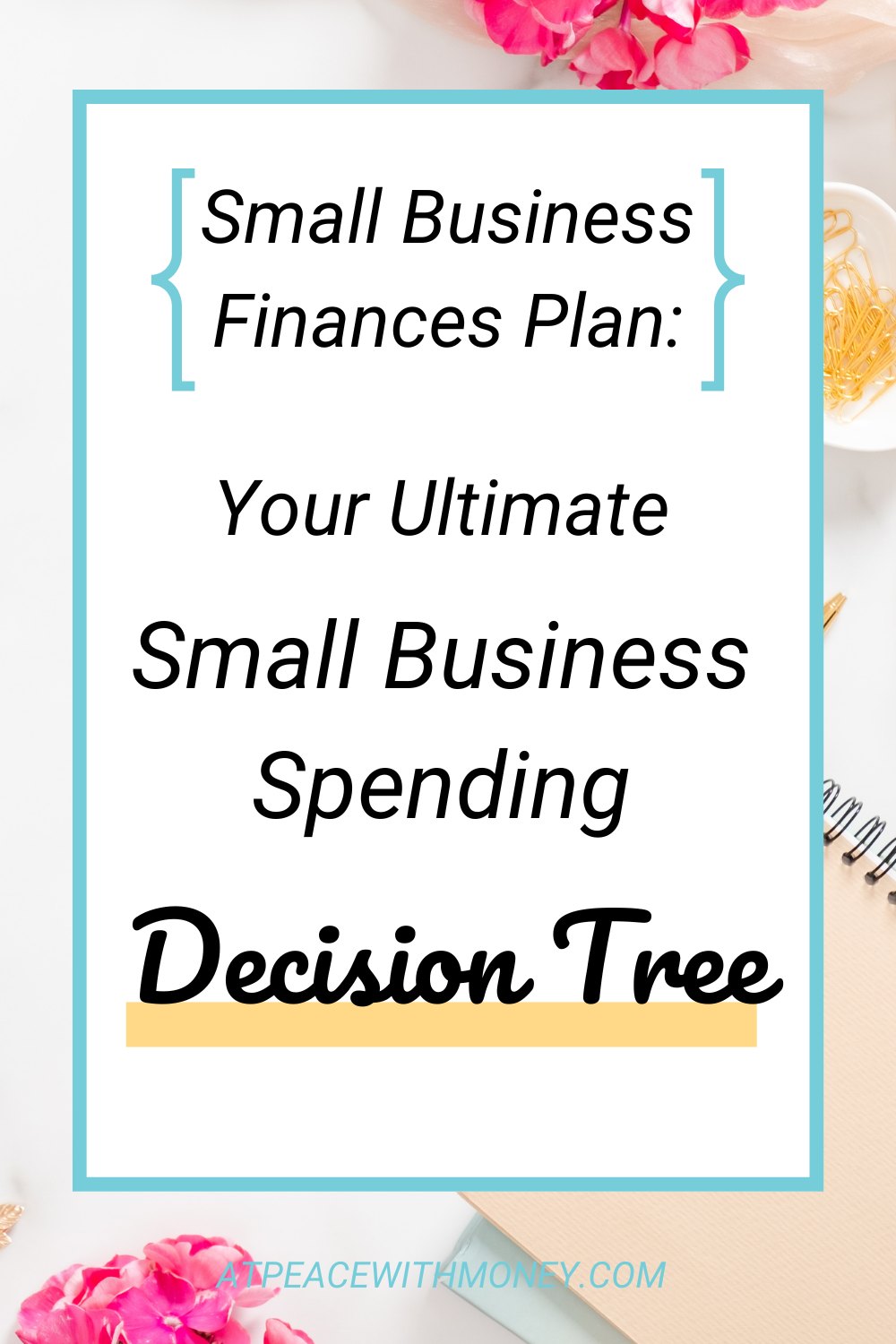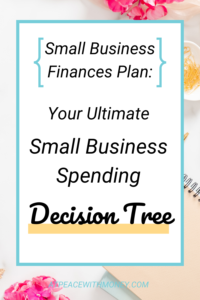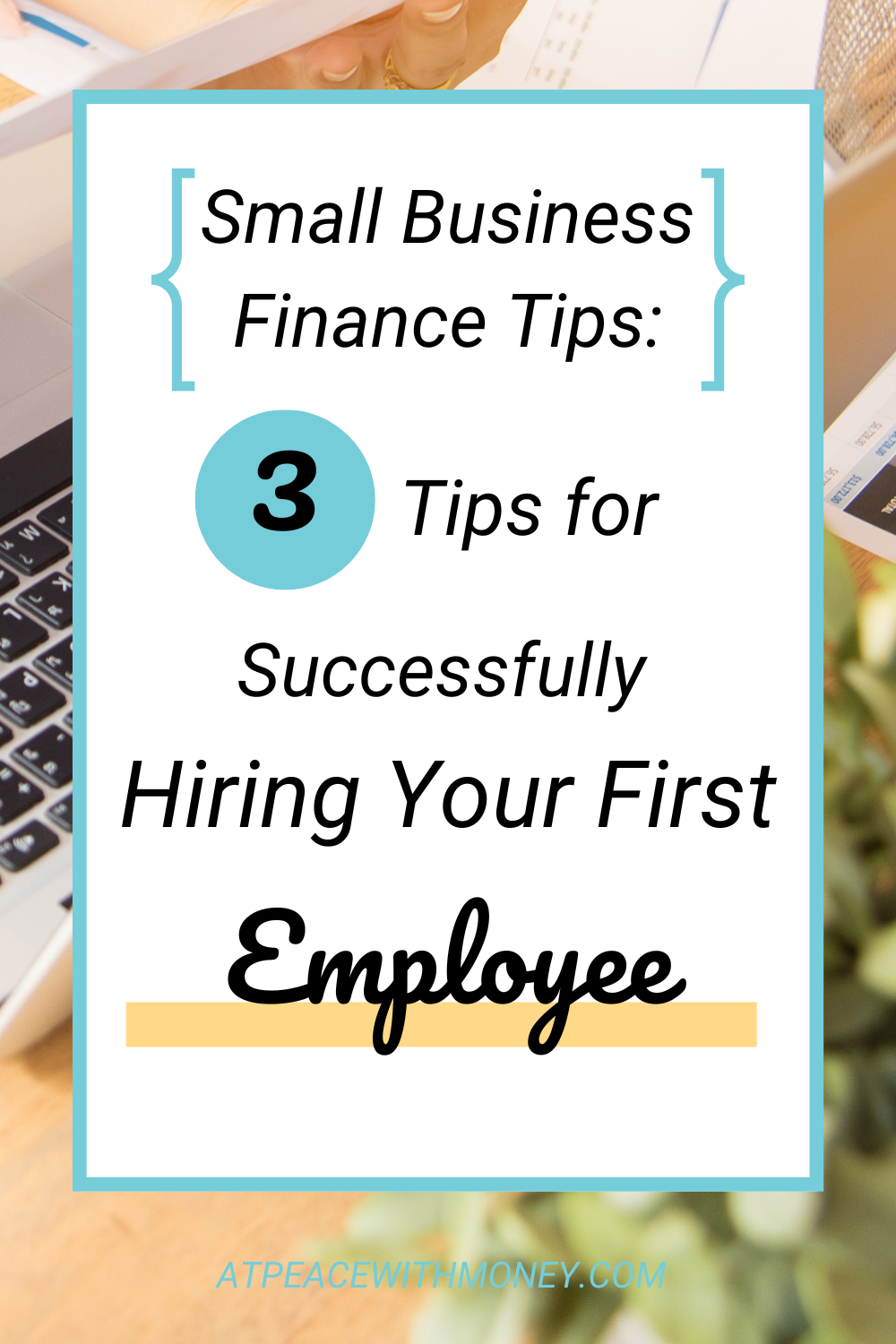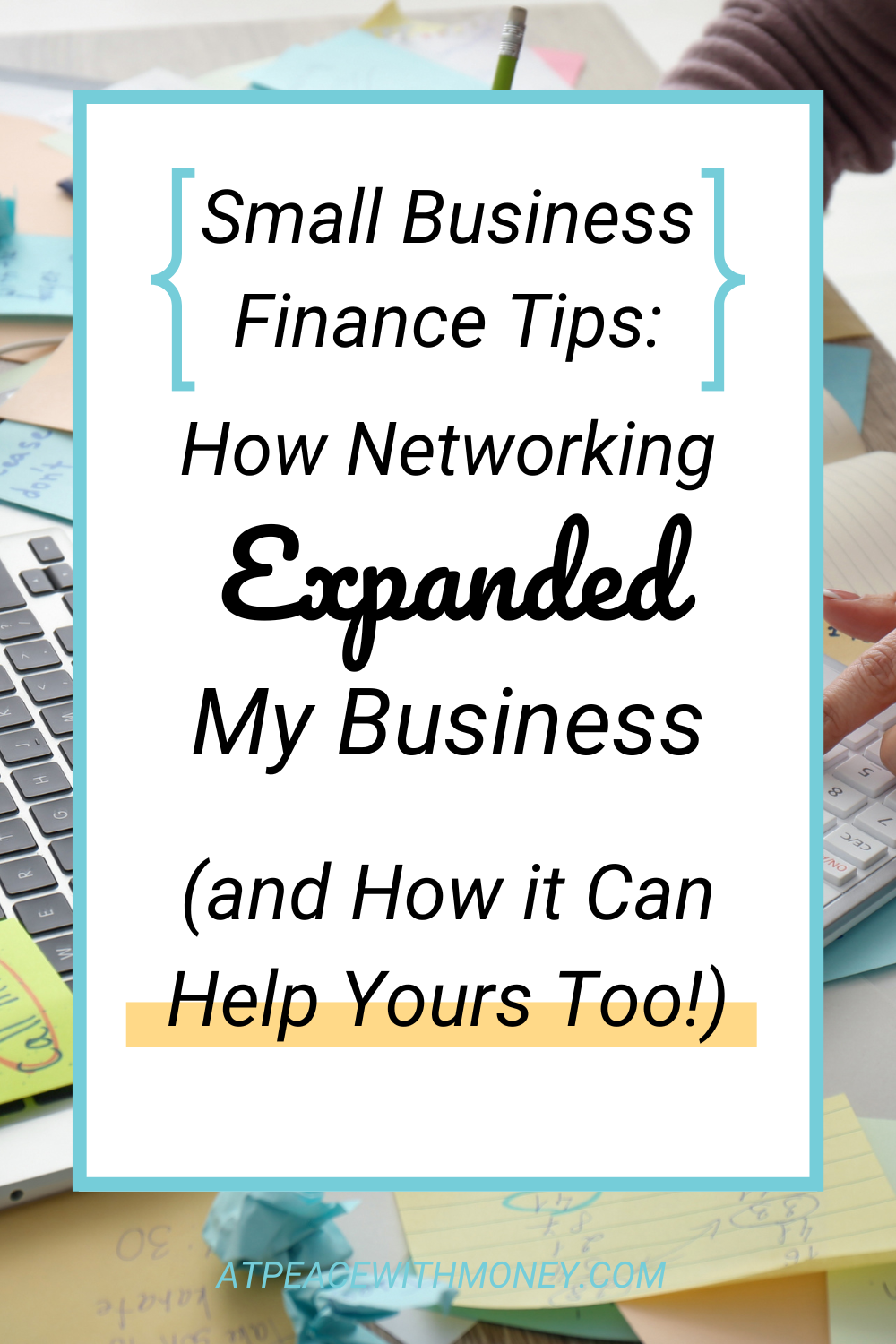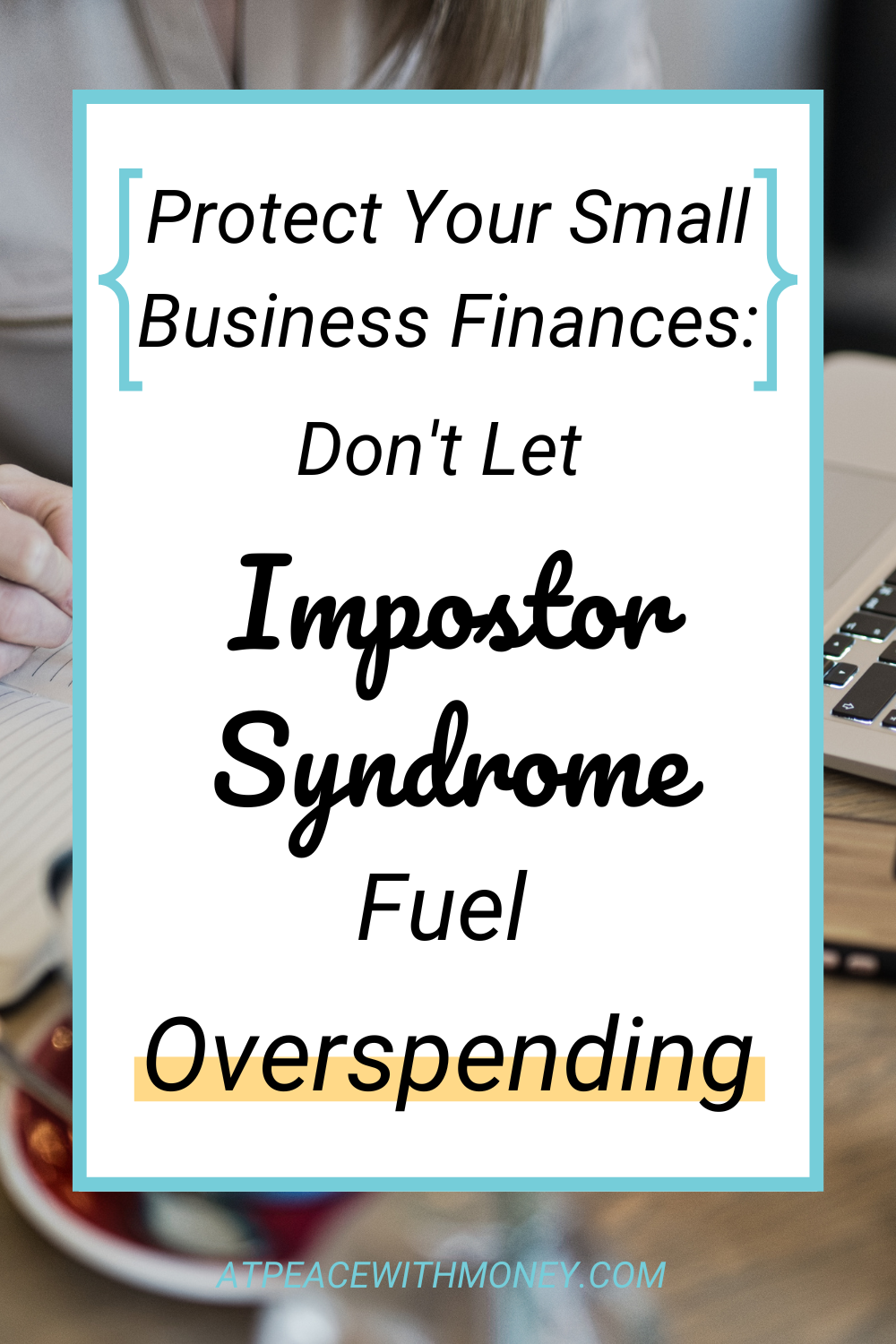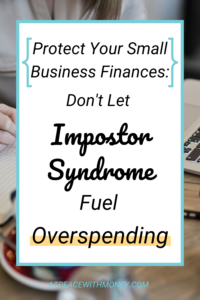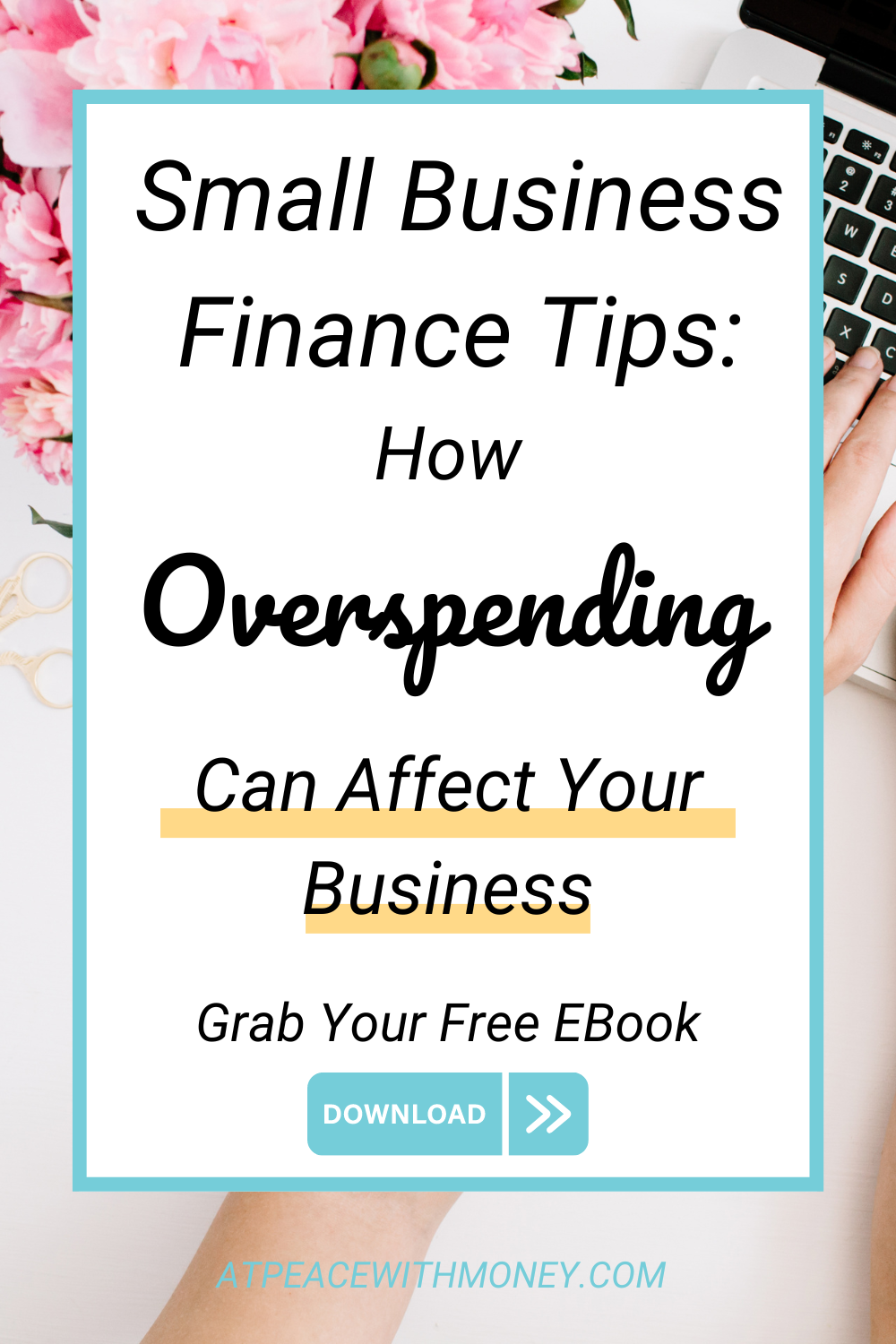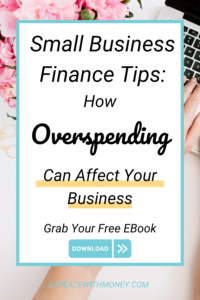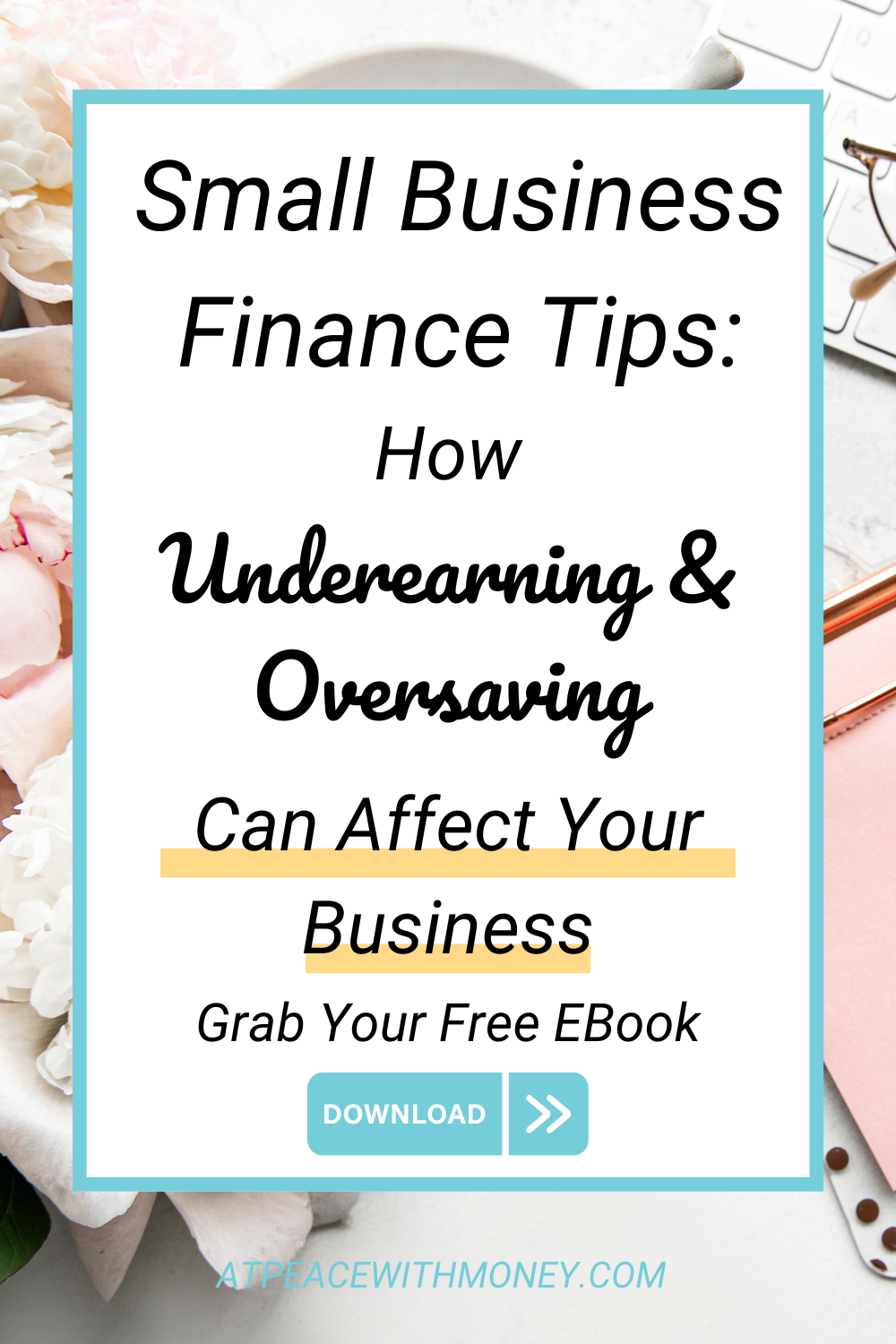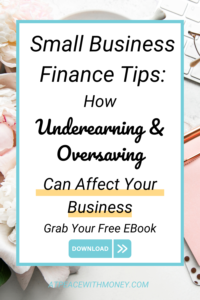3 Holiday Marketing Ideas for Service-Based Businesses

If you’re new to running a service-based business or just haven’t quite hacked the holiday season yet, this one’s for you. When I ran a jewelry company, the holidays were an important part of my yearly revenue. But when I first opened up my bookkeeping practice, I was at a loss for how to market my service-based business and make the most of this season for my business. I looked at the small businesses I was working with and realized that a lot of similar businesses struggle to figure out how to get a cut of holiday profits.
So, I put together this handy guide for you. This is an important time for small businesses, and using just one of these tips could up your potential for profits this season.
Reward Your Most Loyal Customers
Look back through your customer data on your payment processor, or take a look at your reviews on Alignable or Google, and chances are you’ll find some happy customers! Take the time to reach out to these people with a special holiday offer made just for them.
For example, this could be a discount on future sessions or a special package of particular services they’ve purchased before. This is a great way to model holiday generosity and make those clients even happier (and more likely to come back to you in the New Year too).
Host a Holiday Event
This is a fun idea that can bring in new or returning customers and create some new buzz around your business. You could host this online or in-person.
Online events could be a simple holiday gathering or meet and greet, or perhaps related to the services you offer. Something like a short webinar related to your services and the season, followed by a Q&A, could be a great option. In-person events can also be a simple holiday gathering, or there could be a focus on your workspace as an open studio.
Attract guests by offering prizes or holiday packages, and make sure to have special offers for attendees that can help turn them into customers.
Offer a Flash Sale on Your Most Popular Service
A quick glance at your bookkeeping should tell you what your most popular service was this year. If not, or if you aren’t clear on how to look for this information, read my article “Maximize Your Profits With Bookkeeping: How To Get the Valuable Info Your Financial Records Are Hiding.”
Once you figure out your most popular service, offer a flash sale on it on Cyber Monday or Small Business Saturday! This is also a great way to get your business booked up through the end of the year, which will help you get more clear on your own holiday schedule.
Want more tips? Check out my article “How to Prep for the Holidays as a Service-Based Business” and “Holiday Marketing Ideas for Service-Based Businesses” by Adams Media Group for some inspiration. You can also subscribe to my free newsletter for monthly financial tips and insights into successful small business life:

